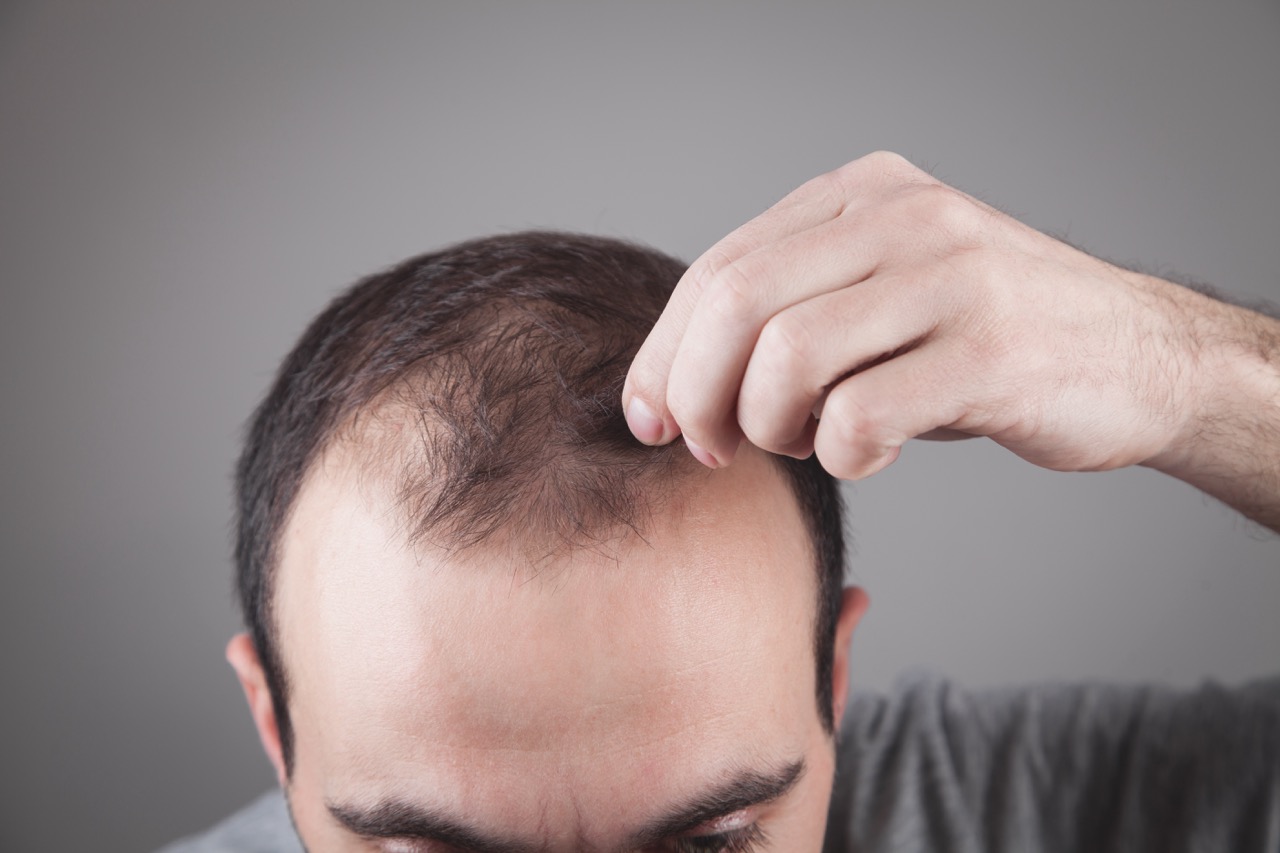Hair Transplant and Smoking – Why You Should Quit
If you’re considering a hair transplant, one of the best decisions you can make before undergoing the procedure is to quit smoking. While smoking’s long-term health risks are well-documented, many people aren’t aware of its immediate effects on surgical recovery—especially when it comes to hair transplantation. Smoking not only impacts your body’s ability to heal, but it can also compromise the success of your transplant results. Let’s explore why kicking the habit is so important for your hair restoration journey.
1. Smoking Reduces Blood Flow to the Scalp
Hair transplants rely on healthy blood flow to nourish the newly implanted follicles. Oxygen-rich blood delivers the nutrients and growth factors needed for the grafts to thrive in their new location. Smoking constricts blood vessels, reducing circulation to the scalp. This diminished blood flow can impair graft survival and hinder the growth of new hair.
When blood vessels are constricted, the healing process slows down, making it harder for transplanted follicles to anchor themselves securely. Without adequate blood supply, some grafts may fail to take root, potentially leading to uneven results or the need for additional procedures.
2. Smoking Delays Wound Healing
A hair transplant involves making tiny incisions in both the donor and recipient areas. Proper healing of these wounds is crucial for the long-term success of the procedure. Smoking negatively affects wound healing by:
- Increasing inflammation: Smoking introduces toxins that can heighten the body’s inflammatory response, making it harder for incisions to close and heal properly.
- Impairing collagen production: Collagen is a key protein in tissue repair. Smoking reduces collagen synthesis, slowing down the regeneration of skin and blood vessels.
- Heightening infection risk: Slower healing and impaired immune function mean a greater chance of post-surgical infections, which can further compromise results.
3. Smoking Increases the Risk of Complications
Hair transplant patients who smoke are more likely to experience complications such as:
Poor graft survival:
- Due to reduced oxygen and nutrients reaching the transplanted follicles.
Prolonged redness and swelling:
- Inflammation caused by smoking can extend the time it takes for the scalp to return to its normal appearance.
Higher scar visibility:
- Impaired healing can lead to more noticeable scars in both the donor and recipient areas.
Uneven results:
- If grafts fail to survive or grow uniformly, the final result may appear patchy or unnatural.
4. Quitting Before Surgery Improves Outcomes
Most surgeons strongly recommend that patients stop smoking well before their hair transplant procedure. Quitting at least 1–2 weeks before surgery and refraining from smoking during the recovery period (typically several weeks) allows the body to regain proper blood flow, improve oxygenation, and optimize the healing environment. Some patients find that the anticipation of their hair transplant motivates them to quit smoking for good, ultimately benefiting their overall health as well as their hair.
5. Long-Term Benefits for Hair Health
Even after the transplanted hair has successfully grown in, smoking can continue to harm your natural hair. Cigarette smoke introduces harmful free radicals that weaken hair follicles, potentially contributing to future thinning and loss. By quitting smoking, you not only protect your transplant investment, but also help maintain the overall health and strength of your remaining hair.
How to Quit Smoking Before a Hair Transplant
If you’re ready to take the step toward a healthier scalp and improved transplant results, here are a few tips:
Set a Quit Date:
- Pick a date at least 2–4 weeks before your surgery to stop smoking, and make a firm commitment to stick to it.
Seek Support:
- Tell family, friends, or a support group about your goal. Their encouragement can help keep you on track.
Use Smoking Cessation Aids:
- Consider nicotine patches, gum, or other cessation tools. Your doctor may also recommend prescription medications to help manage cravings.
Identify Triggers:
- Determine when you’re most tempted to smoke and find healthier ways to cope, such as going for a walk, chewing sugar-free gum, or practicing relaxation techniques.
Focus on Your End Goal:
- Keep in mind that quitting smoking will not only improve your hair transplant results, but also enhance your overall health and quality of life.
Conclusion
Smoking and hair transplants don’t mix well. By quitting before your procedure and staying smoke-free afterward, you’ll create a healthier environment for your transplanted hair to grow. Better blood flow, faster healing, and improved graft survival all lead to more satisfying, long-lasting results. If you’re serious about restoring your hair, consider quitting smoking as a vital step in the process—one that benefits not just your scalp, but your entire well-being.
 English
English














